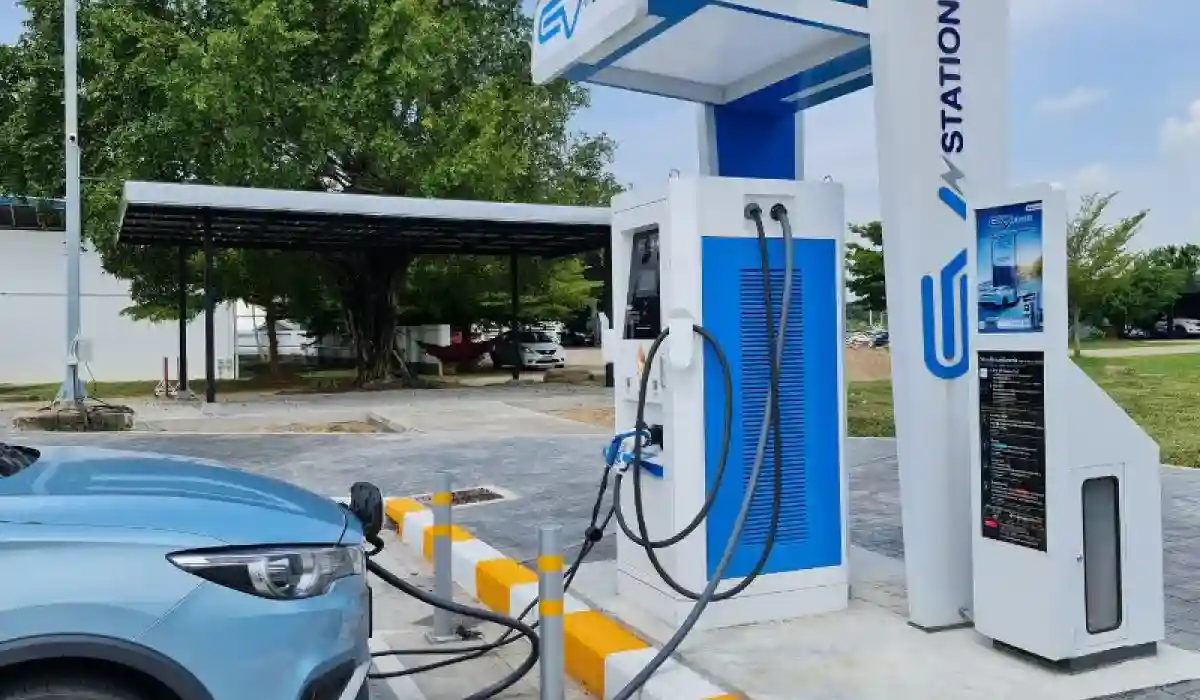EV
Tata Motors Seeks Incentive Extension On E-Taxis For 3 Years

Tata Motors, a leading Indian automaker, has urged the government to extend subsidies for electric taxis and include personal cars in its flagship EV program, FAME. This move aims to accelerate electric vehicle adoption in India, similar to successful initiatives in China and Germany.
In a letter to the government, Shailesh Chandra, Managing Director of Tata Motors' electric vehicle division, highlighted the importance of sustained support for EVs. He pointed out that major economies like China have subsidized EV purchases until electric vehicles account for at least 20% of new car sales.
Extending FAME and Including Personal Cars
Tata Motors proposes a three-year extension of the current incentives for electric taxis (INR 10,000/kWh battery size). Additionally, they advocate for including personal cars in future FAME schemes to drive broader EV adoption.
Chandra argues that unutilized funds from the initial FAME II allocation for taxis can be effectively used to extend the program and achieve its goals. He emphasizes that continued subsidies and supportive policies are crucial for India to:
- Reduce air pollution in cities
- Achieve net-zero emissions targets
- Enhance energy independence
- Promote economic growth
🎯 FAME Scheme and EV Landscape in India
The government's Faster Adoption and Manufacturing of Electric Vehicles (FAME) program, currently in its second phase (FAME II), is scheduled to conclude on March 31, 2024. A recent four-month extension was granted, with an additional budget allocation.
Launched in 2019, FAME II has seen industry requests for an extension beyond March 2024. The program's initial budget of INR 10,000 Cr has been recently bolstered by an additional INR 1,500 Cr.
🎯 Tata Motors: A Leader in the Indian EV Market
Capitalizing on the growing demand for electric cars, Tata Motors has emerged as a leader in the Indian car market. Their stock price has surged significantly in recent years, solidifying their position in the domestic EV space.
Dominating the local EV market with a share exceeding 70%, Tata Motors offers a range of electric vehicles, including the Tiago hatchback, Tigor sedan, Punch and Nexon SUVs, with upcoming additions like the Harrier EV and Curvv EV. They aim to increase their EV sales from the current 14-15% to 25% by 2027 and 50% by 2030.
🎯A Growing Market with Global Competition
Tata Motors faces competition from established players like Tesla, Audi, and Mercedes-Benz, all eager to tap into the burgeoning Indian EV market. As EV registrations in India continue to rise (over 36% YoY in November 2023), the government's policy decisions will significantly impact the future of electric mobility in the country.
Latest News

STARTUP-STORIES








